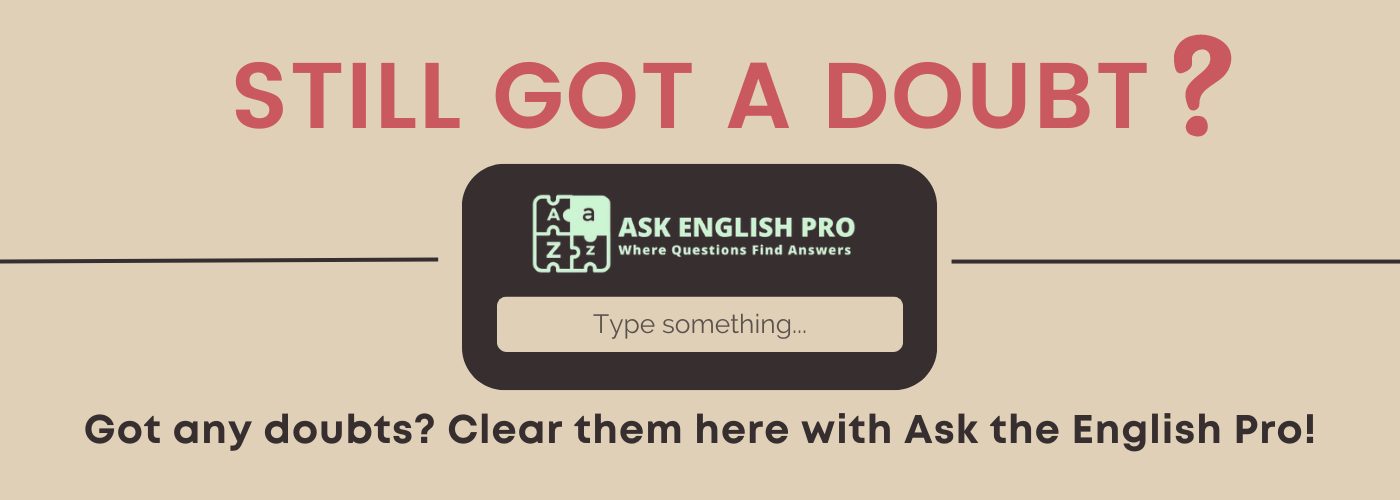Detailed Article for the Word “Stigmatize”
What is Stigmatize: Introduction
Imagine the social weight of a label that clings, casting a shadow on someone’s identity or experiences. To “stigmatize” is to brand someone or something with a lasting mark, one that often brings judgment, isolation, or shame. This term captures a powerful societal force, describing the act of unfairly associating people or behaviors with negativity. In today’s world, where issues of mental health, race, and personal identity are discussed openly, understanding the impact of stigma is crucial for fostering empathy and inclusion.
Origin and History of the Word Stigmatize
The term “stigmatize” originates from the Greek word stigma (στίγμα), meaning “mark” or “brand,” particularly one associated with shame or disgrace. The root idea was literal—marks or brands placed on slaves or criminals as a means of public identification. In the late 16th century, the word entered the English language with a similar sense: to label or “brand” someone’s character in a way that provokes societal rejection. Over centuries, “stigmatize” expanded from physical branding to symbolic associations, reflecting how communities mark certain individuals or behaviors as undesirable or immoral.
Meaning and Definition of Stigmatize
Stigmatize (verb):
- To assign a mark of disgrace or disapproval to someone or something
- To treat with public criticism or disrespect; to cast someone in a negative light
- To classify certain behaviors, conditions, or identities as shameful or unacceptable in society
How to Pronounce Stigmatize
STIG-muh-tize
How to Remember Stigmatize: Memory Tips
To remember “stigmatize,” think of the word “stigma” as a “sticky mark” that follows someone, labeling them in society’s eyes. Alternatively, imagine the word “stigmatize” as “stig-ma-tize,” or “stig” (stick) + “mark” + “ize”—representing the act of sticking a negative mark on someone.
Stigmatize in a Sentence: Examples and Usage
- Social: Society often stigmatizes mental health issues, making it harder for people to seek help openly.
- Historical: During the Middle Ages, people would stigmatize those with certain illnesses, viewing them as cursed or contagious.
- Psychological: Researchers study how being stigmatized impacts self-esteem and behavior over time.
- Legal: Some laws stigmatize specific groups, leading to increased discrimination and inequality.
- Media: Tabloid headlines often stigmatize celebrities for their lifestyle choices, perpetuating stereotypes.
- Educational: School programs aim to reduce the stigmatization of students from minority backgrounds.
- Public Health: Efforts to destigmatize HIV have helped improve access to testing and treatment.
Difficulty Level of Using Stigmatize
Intermediate: “Stigmatize” is often encountered in social, psychological, and health discussions. It requires an understanding of the cultural and psychological impact of labeling, making it suitable for thoughtful, mature conversations.
Modern Usage of Stigmatize in Contemporary Context
Today, “stigmatize” is frequently discussed in contexts that address social issues and mental health. Efforts to reduce stigma around mental illness and addiction have led to advocacy campaigns, legal reforms, and workplace policies designed to promote inclusivity. In public health, destigmatization plays a key role, as groups like WHO emphasize that stigma around diseases such as HIV or COVID-19 can hinder treatment efforts by fostering fear and discrimination. Social media has amplified discussions around stigma, as hashtags and viral stories help spread awareness, encouraging more compassionate views toward stigmatized groups.
In workplaces, schools, and media, awareness programs are challenging long-held stigmas, aiming to create environments where differences are accepted and mental health is prioritized. As global societies increasingly recognize the harms of stigmatizing language and behavior, there is a stronger push towards respect, understanding, and fair representation across diverse contexts.




















They call me kanjus Baniya, I’m always the butt of such puns. Stop stigmatizing me dear non-Baniya’s.
ok baniya 😀
thanks for the example